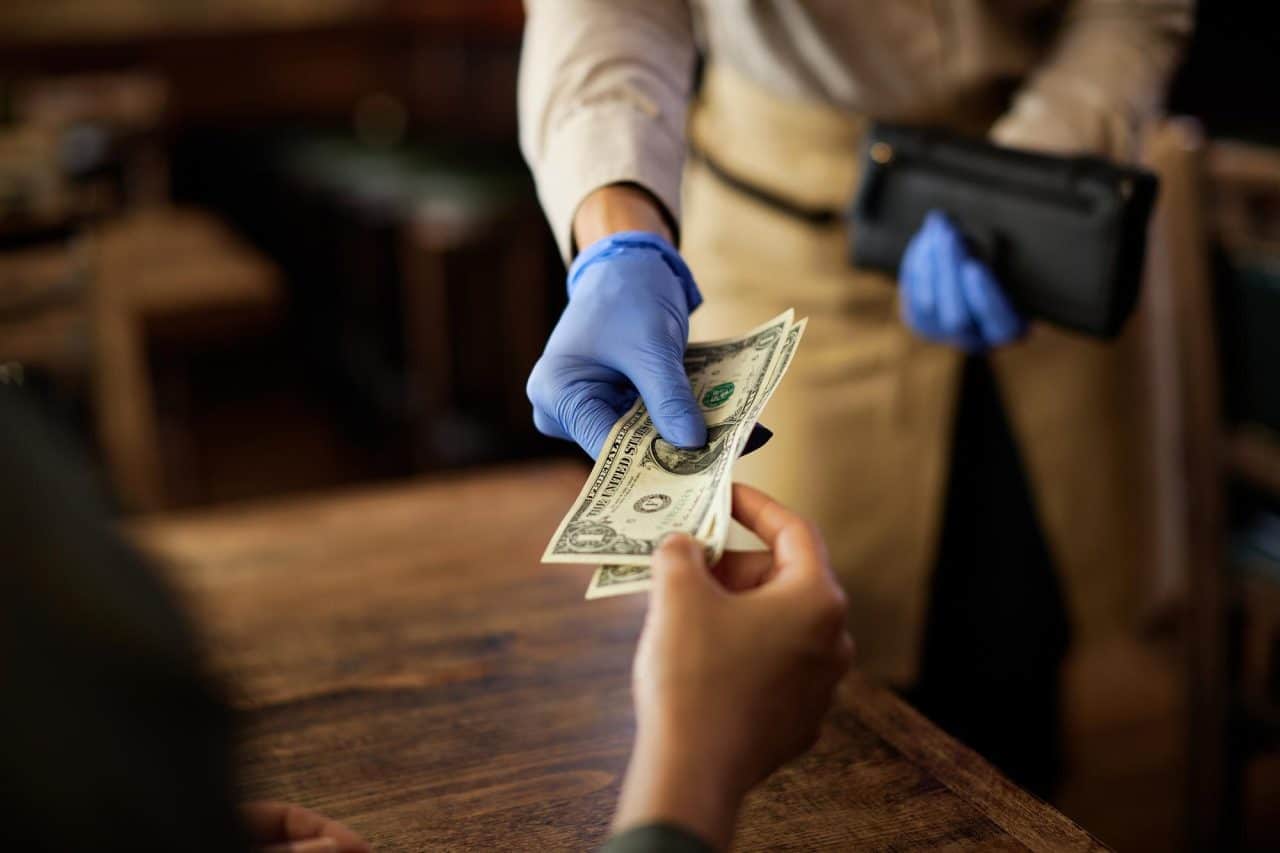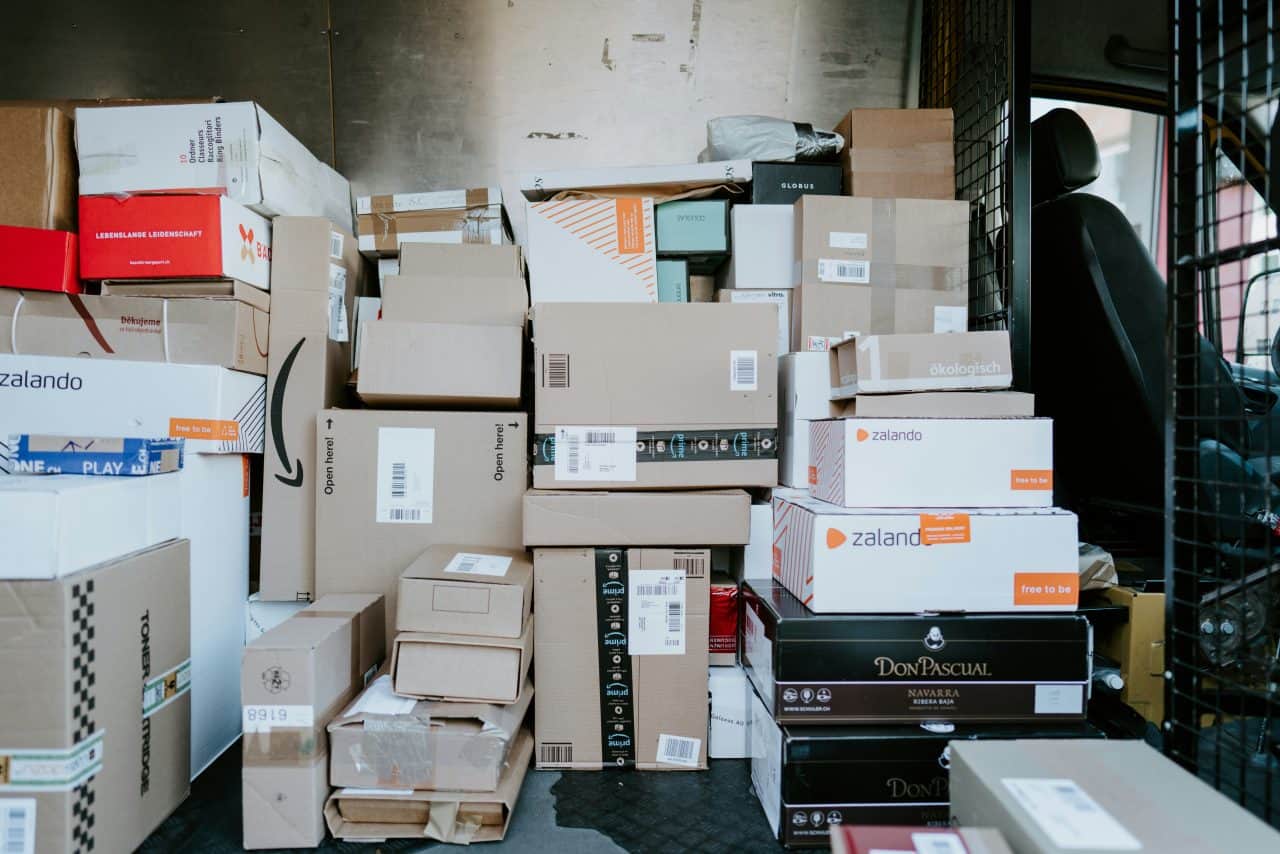In the wake of the COVID-19 pandemic, governments worldwide swiftly implemented relief programs to support struggling businesses and individuals. However, amidst the urgent rush for financial aid, a darker side emerged: the rise of COVID funding fraud. As billions of dollars poured into relief efforts, opportunists seized the moment to exploit loopholes and gaps in oversight, diverting funds meant for those in genuine need. The repercussions were far-reaching, impacting not only the integrity of relief programs but also the lives and livelihoods of countless individuals and communities.
Fraudsters employed various tactics to siphon off funds meant for pandemic relief. Some falsified documents to qualify for loans, while others created shell companies to receive funds illicitly. The scale of the fraud was staggering, with cases ranging from small-scale scams to multimillion-dollar schemes. In the United States alone, the Paycheck Protection Program (PPP) became a prime target for fraudsters, with reports of fraudulent loans totaling billions of dollars.
The prevalence of COVID funding fraud exposed significant weaknesses in oversight and regulation. In the rush to disburse funds quickly, governments and financial institutions struggled to implement robust safeguards against fraud. Many relief programs lacked adequate verification processes, making it easier for fraudsters to exploit vulnerabilities. Additionally, the sheer volume of applications overwhelmed authorities, leading to delays in identifying and addressing fraudulent activity.
However, the wave of COVID funding fraud has not gone unanswered. Governments and regulatory agencies have responded with a series of measures aimed at strengthening oversight and closing loopholes. In the United States, lawmakers passed legislation to enhance transparency and accountability in relief programs. This includes increased scrutiny of loan applications, stricter eligibility criteria, and harsher penalties for fraudsters.
Furthermore, financial institutions have implemented additional safeguards to prevent fraud and protect against illicit activity. Enhanced due diligence measures, improved fraud detection technologies, and increased collaboration with law enforcement agencies have all played a role in bolstering the resilience of relief programs against fraudulent activity.
The lessons learned from the scourge of COVID funding fraud have prompted significant changes in oversight and regulation. While the pandemic exposed vulnerabilities in existing systems, it also spurred innovation and reform. By addressing these weaknesses head-on and implementing proactive measures, governments and financial institutions can better safeguard relief funds and ensure they reach those most in need.
As we navigate the ongoing challenges posed by the pandemic, the importance of robust oversight and regulation cannot be overstated. By learning from past mistakes and implementing effective safeguards, we can better protect against fraud and uphold the integrity of relief programs for the benefit of all.
In recent months, various agencies, notably the Federal Bureau of Investigation (FBI), have been diligently working to uncover businesses and individuals suspected of engaging in fraudulent activities through the Paycheck Protection Program (PPP). The PPP served as a critical aspect of the CARES Act, a comprehensive legislative response to the COVID-19 pandemic, allocating $2.2 trillion in economic relief.
Designed to aid businesses in navigating the economic challenges posed by the pandemic, the PPP offered financial assistance to employers. Recipients of PPP loans were required to allocate 60% of the loan amount to cover payroll expenses, with the remaining 40% earmarked for other related business expenses. However, it has become apparent that certain PPP loan recipients misused the funds for non-business purposes.
What should I do if I committed PPP or other COVID funding frauds?
If you find yourself in the difficult position of having committed PPP or other COVID funding fraud, it’s essential to take prompt and decisive action. First and foremost, it’s crucial to acknowledge the seriousness of the situation and understand the potential legal consequences of fraudulent activity.
Seeking legal advice from a qualified attorney specializing in white-collar crime or financial fraud should be your immediate priority. An experienced lawyer can provide personalized guidance based on your specific circumstances and help you navigate the legal complexities ahead.
Depending on the nature and extent of the fraud, your attorney may recommend cooperating with law enforcement authorities and disclosing your involvement in exchange for leniency. Alternatively, they may advise on developing a robust defense strategy to mitigate the potential consequences of prosecution.
In addition to seeking legal counsel, it’s essential to take proactive steps to rectify the situation to the best of your ability. This may include cooperating fully with any investigations, returning fraudulently obtained funds, and demonstrating genuine remorse for your actions.
Furthermore, it’s crucial to cease any further fraudulent activity immediately and take proactive measures to prevent similar actions in the future. This might involve implementing internal controls and compliance measures within your business or seeking counseling or support to address underlying issues contributing to fraudulent behavior.
While facing the reality of having committed PPP or other COVID funding fraud can be daunting, taking responsibility for your actions and actively working towards restitution and rehabilitation is essential. By cooperating with authorities, seeking legal guidance, and demonstrating genuine remorse, you can begin the process of accountability and strive towards making amends for your actions.
Conclusion!
If you find yourself in the difficult position of having committed PPP or other COVID funding fraud, it’s crucial to take immediate action and seek professional guidance. As highlighted by legal experts at the American Bar Association (ABA), individuals facing allegations of PPP fraud should prioritize consulting with an attorney experienced in white-collar crime and financial fraud cases. An attorney can provide invaluable assistance in navigating the legal complexities involved and advising on the best course of action moving forward. Additionally, the ABA emphasizes the importance of cooperating fully with law enforcement authorities and taking proactive steps to rectify the situation to the best of your ability. By engaging with legal counsel and demonstrating genuine remorse for your actions, you can begin the process of accountability and work towards mitigating the potential consequences of fraudulent activity.









